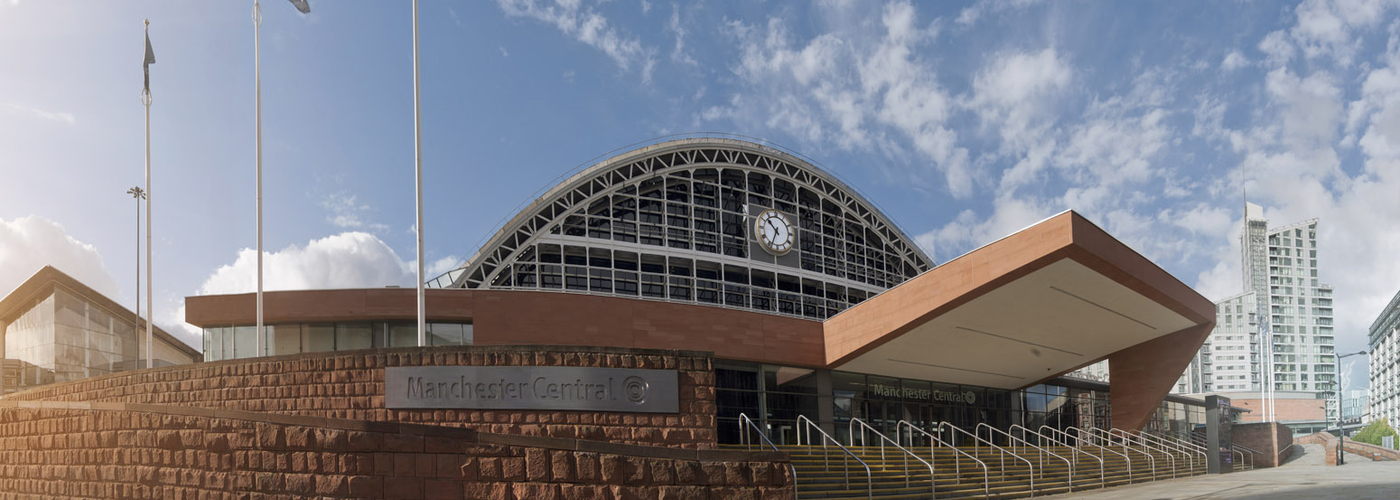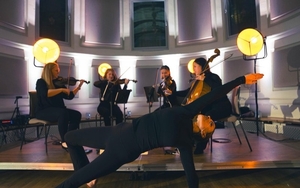Vital in the fight against COVID-19, events centres are losing their own struggle to survive
Manchester’s Nightingale Hospital is to reopen this week…as the CEO of its host venue, Manchester Central, warns the events industry is in dire straits.
One of seven temporary sites established in response to the COVID-19 pandemic, NHS Nightingale North West first opened in Manchester Central in April - transforming 190,000 sq ft of the exhibition and conference centre into a fully-staffed and equipped hospital, with up to 750 beds for patients recovering from coronavirus. The rehabilitation facility closed in June but is now preparing to reopen following a rise in COVID-19 cases.
Initially providing care for patients from Manchester and Trafford, it will scale up capacity for acute hospitals across the North West in the coming weeks.
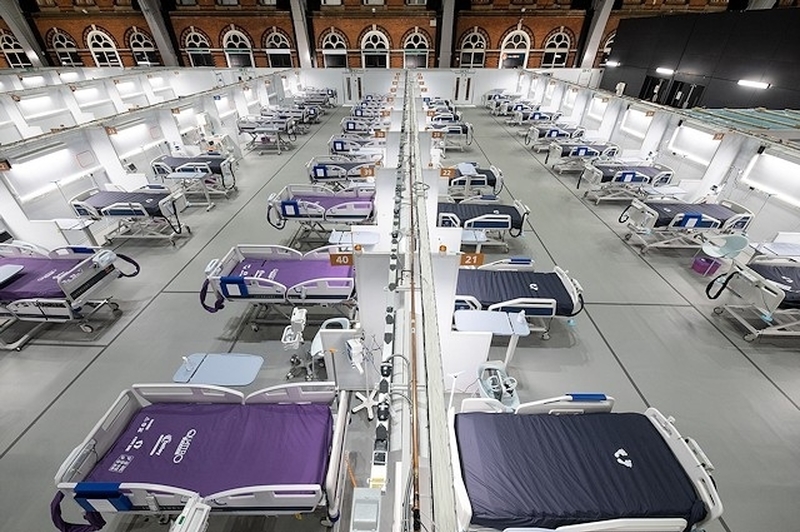
The news comes as Manchester Central CEO, Shaun Hinds, warns the events industry is at risk of collapse without government intervention. In a statement that also expressed his pride at supporting the NHS during the pandemic, he pointed out that vital aid for his sector has not been forthcoming.
‘We stand shoulder to shoulder with our colleagues at the NHS Nightingale North West and will continue to support the operations at the hospital to aid the response to COVID-19. The events industry has been pivotal in the construction and operation of the NHS Nightingale hospitals and when the call came, we responded without hesitation.
‘This is in stark contrast to the response we have received from the government. The events industry has yet to receive the essential support required for the survival of our unique and extremely valuable sector.
The talent capability and attitude that is characteristic of the events industry is at risk of being lost if not for ever for many years to come.’
We're once again ready to play our part in supporting the @NHS in the national fight against COVID-19.
Here's a statement from our CEO @ShaunHinds: pic.twitter.com/PFaKxY33pG
— Manchester Central (@mcr_central) October 13, 2020
The £70 billion events sector - ‘first industry to stop, last to return’ - has been one of the biggest victims of the coronavirus pandemic, with an estimated 200,000 jobs already lost.
Unable even to access the £1.57 billion rescue fund package that has supported some events in the arts and culture sector, exhibition and conference centres are increasingly losing the fight for survival. Last month, Manchester’s EventCity announced it would close permanently next March, while Birmingham’s NEC Group has recently cut 450 jobs.
NEC Group CEO Paul Thandi said that the postponing of the planned return of business events and socially distanced crowds in stadia from 1st October had been a major blow. Current rules only permit 30 people or less.
Like Manchester Central, the group has called for (as yet unanswered) government measures such as helping venues reopen safely via track and trace tracing and regular reviews, as well as a bespoke funding package in recognition of the sector’s significant economic value.
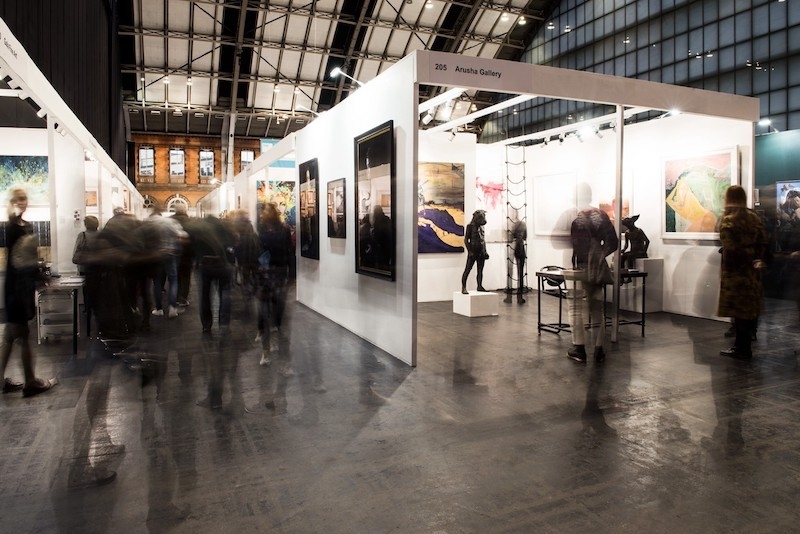
After intense petitioning, and the introduction of the tier system necessitating further closures, chancellor Rishi Sunak announced changes to the government’s winter support plan on 22nd October that could benefit some of those in struggling industries like events; which initially favoured organisations that have been able to operate since 23rd March 2020. These include dropping business contributions to 5% and minimum hours to 20% under the Job Support ‘Open’ scheme (the ‘Closed’ scheme for those legally required to close remains unchanged) as well as increasing business grants.
However with many venues still unable to earn income due to ongoing regulations, relatively little help for the wider industry and the government only paying a maximum of 61.67% towards wages, funding continues to leave many behind. This also includes self-employed workers: despite recent moves such as doubling the grants applicants can receive (from 20% to 40% of their previous year’s earnings), the Self-Employment Income Support Scheme still excludes a third of workers.
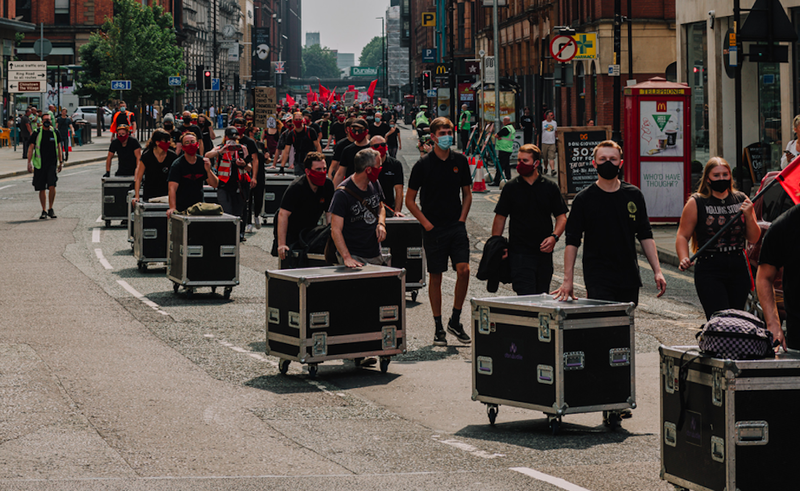
HM Treasury has defended its position; pointing out that some of the events industry has benefitted from support packages such as deferral of VAT payments and year-long rates holidays, as well as special loan schemes (again for which many were, in reality, ineligible), adding that it continues to work ‘intensively’ on monitoring the sector.
Meanwhile, as the industry continues to crumble, many campaigns have been founded to lobby for help; perhaps most notably #WeMakeEvents and its accompanying Light it in Red movement, which most recently took place on 30th September and sees venue nationwide illuminated ‘emergency red.’
Manchester Central - which generates around £150m for the local economy - has also collaborated with its fellow venues under the banner of Project Confidence, now Project Recovery, to promote their safe and sustainable resurgence.
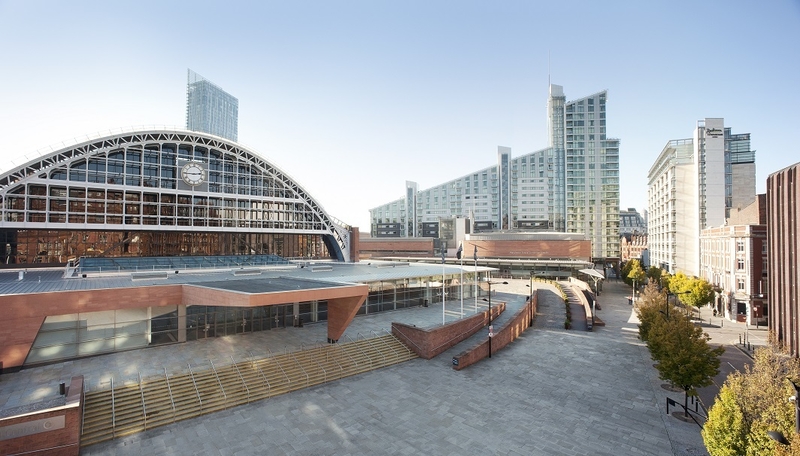
Meanwhile it has tried to adapt with initiatives like Live From the Auditorium - a facility that enables live event streaming to online viewers. But there is still much work to be done.
Rounding off his statement, CEO Shaun Hinds said: ‘The Prime Minister has frequently quoted the value of events to the UK economy; however his words have yet to be backed by tangible options that are necessary for the industry to survive the economic challenges that accompany this health crisis.
‘As a major UK events venue, we will continue to do everything we can to push for this government support and advocate for our incredible industry - an industry that we know can be absolutely instrumental in the economic recovery of the nation, as long as it is protected now.’





